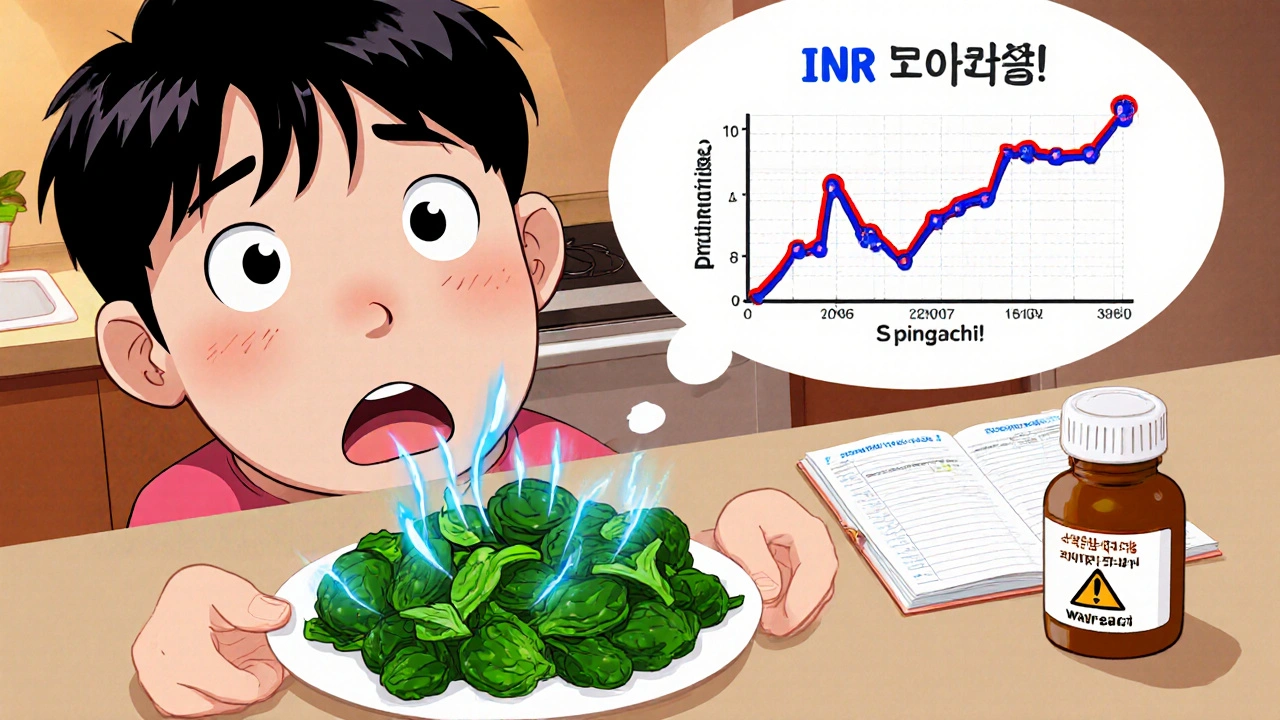When you cut yourself, your blood doesn’t just keep flowing—that’s thanks to vitamin K, a fat-soluble nutrient critical for blood clotting and bone metabolism. Also known as phylloquinone in its plant-based form, it’s not just about stopping bleeding—it’s about keeping your whole body running right. Most people think of calcium and vitamin D for bones, but without enough vitamin K, calcium doesn’t go where it’s supposed to. Instead of strengthening your skeleton, it can end up in your arteries. That’s why vitamin K is quietly one of the most important nutrients you’re probably not getting enough of.
Vitamin K1, the main form found in leafy greens like kale and spinach. Phylloquinone is what your body uses first for blood clotting. But there’s another player: vitamin K2, a form made by bacteria and found in fermented foods like natto, cheese, and egg yolks. Menaquinone is the one that actually directs calcium to your bones and away from your heart. Studies show people who get more K2 have lower rates of arterial calcification and stronger bones over time. Yet most multivitamins don’t even include it. Antibiotics can wipe out the gut bacteria that help make K2, which is why people on long-term antibiotics often need extra attention to their vitamin K intake. And if you’re on blood thinners like warfarin, your doctor keeps a close eye on your vitamin K levels—too much or too little can throw off your medication.
It’s not a flashy nutrient like vitamin C or a trendy supplement like collagen, but vitamin K is foundational. You need it whether you’re healing a scrape, managing osteoporosis risk, or just trying to stay healthy as you age. The posts below cover everything from how it interacts with common medications to what foods actually give you the most, and why some people need supplements while others don’t. You’ll find real-world advice on balancing vitamin K with antibiotics, understanding bone health beyond calcium, and spotting hidden sources in everyday foods. No fluff. Just what you need to know to make it work for you.

Learn how food affects warfarin, which foods to eat consistently, which to avoid, and how to prevent dangerous INR swings. A practical guide for safe long-term use.
View more